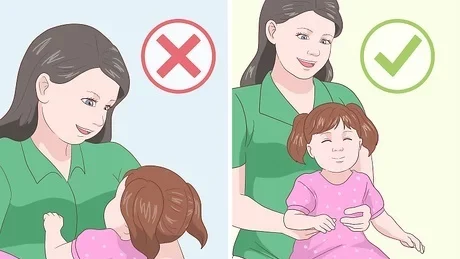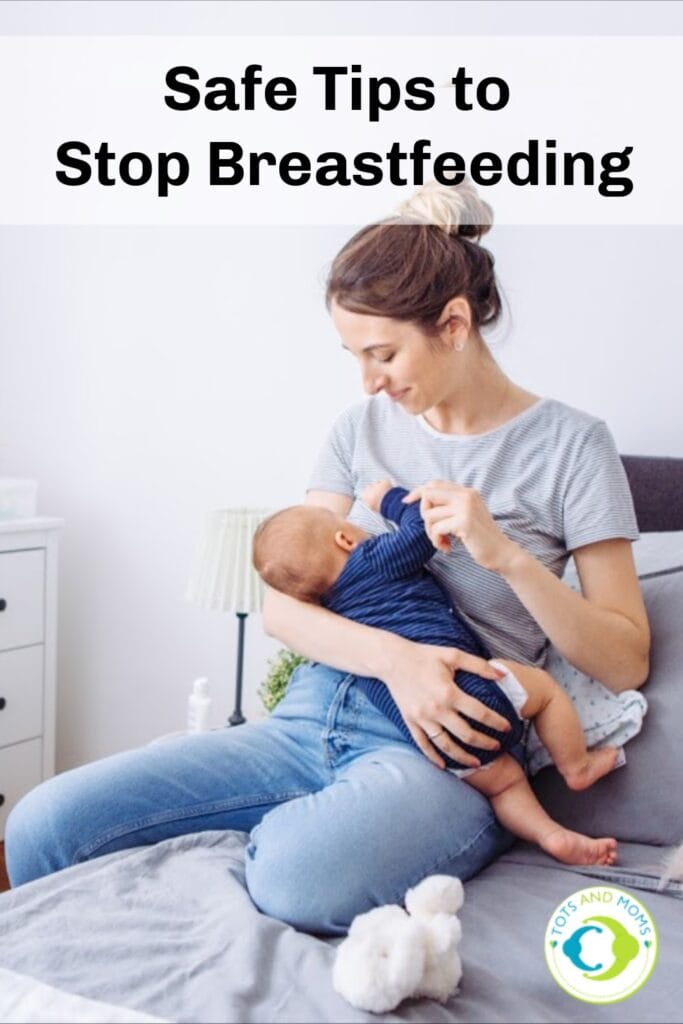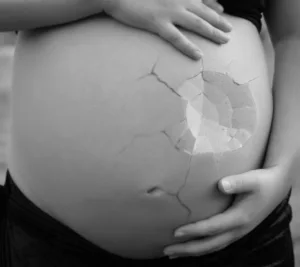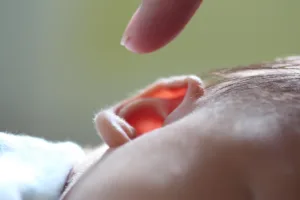Your child’s breastfeeding duration is a very personal choice. The choice of what age to stop breastfeeding newborn can differ significantly from child to child, and every mother will have different ideas about what’s best for both herself and her child.
You may have a clear idea of what age to stop breastfeeding newborn, which is fantastic. However, the choice doesn’t always seem that clear-cut or easy.
If you try to search what age to stop breastfeeding newborn, then you are in right place. In this article i will discuss a complete guide of what age to stop breastfeeding newborn with a complete guide.

Table of Contents
When Should I Stop Breastfeeding?
In any case, remember that you are ultimately in charge of deciding how long to breastfeed. You have a choice between your child and your body.
The length of time you breastfeed is good for you and your child, but there is no right or wrong answer. These advantages are age-independent, and nursing for a year or longer has no negative effects.
What the major health organizations say
What Age to Stop Breastfeeding Newborn
When it comes to breastfeeding, both the American Academy of Pediatrics (AAP) and the World Health Organization (WHO) provide guidelines on what age to stop breastfeeding newborn to support a baby’s healthiest start in life.
Recommendations from the American Academy of Pediatrics (AAP)
According to the American Academy of Pediatrics, for six months and for at least a year after that, women should exclusively give their infants breast milk.The length of time that the mother and kid wish to continue after that truly depends on them.
It’s possible that your family and friends have strong opinions on when you should stop nursing. However, it’s ultimately a highly personal choice. You and your child alone know what’s best for you both.
Your child may decide on her own that she no longer wants to nurse after nine to twelve months. You may also decide to quit breastfeeding for the following reasons:
- A prolonged absence from home, such as a work trip.
- Going back to work. However, after you return to the office, you can continue to breastfeed. Ask your doctor or a lactation counselor how to pump and preserve your milk, or discuss a more flexible schedule with your job.
- One more pregnancy. You can continue to nurse while pregnant, though. Additionally, nursing both kids together can help your older child get used to the new baby.
Recommendations From The World Health Organization (WHO)
For what age to stop breastfeeding newborn, the World Health Organization (WHO) suggests exclusive nursing for six months, then continuing for up to 2 years or more. The AAFP also notes that breastfeeding for at least two years supports the best health outcomes for both mother and baby.
Ways to Wean Breastfeeding
As a mother you should know that what age to stop breastfeeding newborn. In this article, I will discuss the top 4 ways to wean breastfeeding:

Weaning Before 6 Months
Formula will be used in place of breastfeeding sessions if your child is younger than six months. Make sure your infant gets used to using a bottle if they haven’t done it previously.
Then, as you gradually reduce your baby’s time at the breast, gradually increase the number of bottles they are given. If at all possible, do this gradually to avoid being overly engorged and to observe how well your baby digests the formula (you can consult your doctor for advice if the formula seems to upset your baby’s stomach).
Start with a bottle feeding in place of a single feeding, wait a few days, and then plan another bottle feeding. To make sure your baby is nourished and responding to the changes, you can always vary the pace as necessary. After a few weeks or months, you can switch to bottle feeding exclusively.
Weaning After 6 Months
After six months, you might be able to use solid foods in place of some breastfeeding sessions. But remember that babies often don’t consume a wide range of solid foods, so using solid foods alone won’t give your baby a balanced diet.
As you reduce the number of nursing sessions, you will need to switch to some formula. For added pleasure and nutritional value, you can even mix the formula into your baby’s solid foods.
But keep in mind that during the first year, formula or breastmilk will still be their main source of calories, so make sure you’re giving them enough of it every day in a cup or bottle.
Weaning Before 1 Year
If your infant is eating a wide range of foods and has begun to drink milk and water, you might be able to reduce breastfeeding without switching to formula. This is something you can discuss with your doctor.
In any case, weaning at this age may include providing your baby with additional comforts while you reduce their time at the breast because many babies will be even more conscious of their emotional attachments to breastfeeding. At this age, distractions can also be beneficial.
Weaning After 1 Year
Abruptly weaning is generally not advised because it may raise the risk of breast infections and engorgement. Additionally, it could be more emotionally taxing for both you and your child.
In these situations, you should substitute suitable foods or formula while keeping in mind your child’s age. You could wish to try cold compresses to reduce swelling or cold cabbage leaves for engorgement for your comfort. To lessen the engorgement for a few days, you might also need to express just enough milk—don’t express too much or you’ll keep making too much.
Here, are the 10 best ways to wean breastfeeding as a mother.
Frequently Asked Question
What if you get pregnant again while breastfeeding?
Naturally, a lot of pregnant women choose to wean since breastfeeding many children seems intimidating or taxing. Be careful to wean if you choose to do so. Be sure to meet your child’s dietary needs if they are younger than one year.
Should you stop breastfeeding when baby gets teeth?
Your baby’s teeth won’t come into contact with your breast or nipple during nursing because the lips and tongue are the primary participants (unless they clamp down, which is a different issue).
Conclusion
Deciding what age to stop breastfeeding newborn is a personal journey shaped by your child’s needs, your health, and family dynamics. Whether you choose to breastfeed for months or years, both short- and long-term breastfeeding come with unique benefits for you and your baby. Trust your instincts, consult with healthcare professionals as needed, and remember that you know what’s best for you and your little one. Ultimately, a gradual weaning process can make this transition smoother for both you and your baby, fostering a healthy adjustment.


































3 thoughts on “What Age to Stop Breastfeeding Newborn”